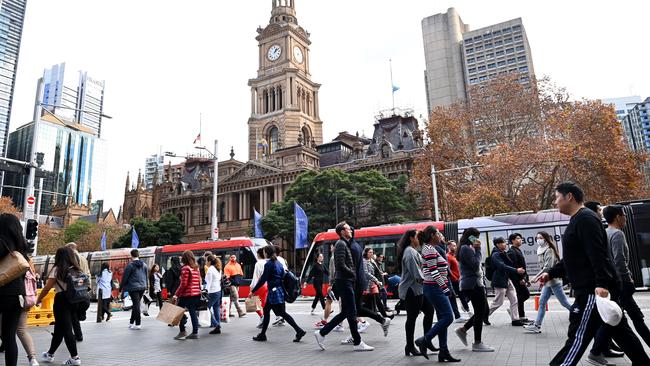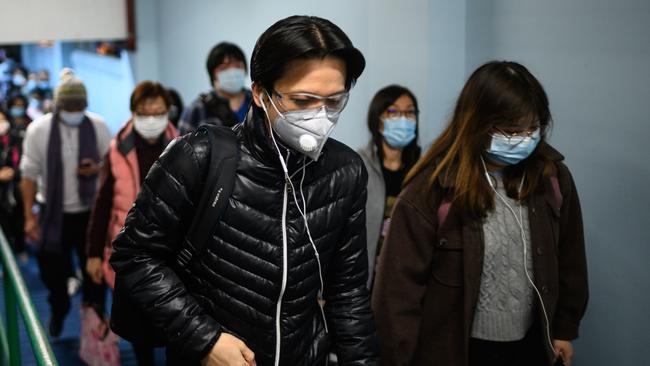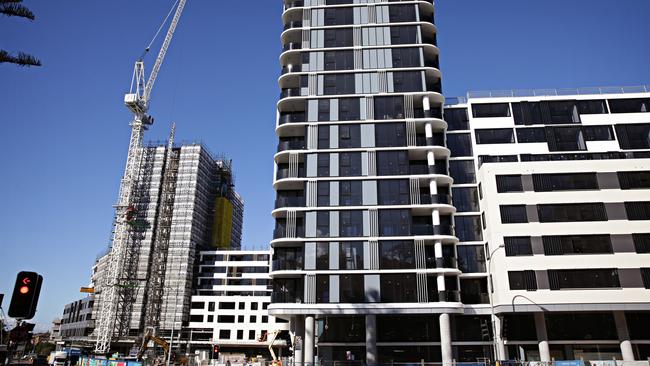
And, as I will explain below, UK Prime Minister. Boris Johnson is taking our lunch.
Around Australia we are building large amounts of infrastructure, including massive industrial and residential property expansion on the basis that our population will increase as it has done in previous decades. We also hoped that the lockdown would cause a big rise in the birthrate but apart from some short term boosts we haven’t reversed our lower domestic population trend.
We are not alone with a domestic population growth problem. Some 30 years ago Japan ran into a population crisis after a period of massive property investment and speculation. High demand from Japan launched our iron ore export industry and boosted mining growth. When Japan slumped so did Australia. Japanese recovery did not come quickly but we recovered on the back of China.
Now, China is facing a looming population problem akin to Japan. Indeed, China’s population is now growing at its slowest rate since the 1950s on the back of a declining birthrate.
China’s population growth has ebbed ever since its one-child policy was introduced in the late 1970s. Last year’s census showed a fertility rate of 1.3 children per woman for 2020 - on par with ageing societies like Japan and Italy. Initially, China’s population will stagnate around the 1.4 billion mark but China may already be in irreversible population decline without having first accumulated the household wealth of G7 nations.
In 2016, China replaced its one-child policy with a two-child limit but it did not markedly change the trend. The ballooning increases in apartment prices have made many Chinese couples reluctant to start a family and this trend has been boosted by career choices and cost of living challenges. That sounds very much like Australia.

In some ways China did Australia a good turn in clamping trade in a number of areas because it forced us to think about other markets like India, where population is growing. Of course stagnating populations in China, Japan and Europe make it much easier to restrict carbon emissions but populations driven by migration increase do not impact world trends, although they change geographies. Australia is planning to use technology to lower our emissions base, an option not as readily available in countries like India.
For those countries seeking migrants the most exciting prospect at the moment is Hong Kong, and the UK is leading the way and taking a migration market that was “ready made” for Australia.
After Beijing imposed a national security law on the city, Britain announced a new visa scheme for Hong Kong residents with so-called British National Overseas status.
An estimated 5.4 million of Hong Kong’s 7.5 million residents are eligible for the scheme, which allows successful applicants and their dependants to live, work and study in Britain for up to five years, and apply for citizenship after six years.
Between January 31 and the end of June, about 64,900 Hong Kong residents applied for the new visas, and 47,300 applications were approved,.
Experts predict the migration wave could peak next year, as families need time to plan and arrange their finances before leaving.
To boost numbers, in London they recently organised a friendship festival including a stall selling Hong Kong-style milk tea, and a sign saying : “UK welcomes Hongkongers”.
Similar festivals are planned around the country. Boris Johnson believes that a wave of well-educated Hong Kong residents will propel British technology.
In many ways Australia is similar to China and in recent years we have seen flurry of building activity, often driven by speculators. Both the Australian and Chinese governments are looking to cool the boom. In Australia the challenge is our high level of consumer debt which has been fanned by easy bank lending and low interest rates. In China the problem is at the corporate level, where a series of property developers have walls of debt. This was graphically illustrated by the Evergrande crisis.

In Sydney, while outer suburban cottages have boomed, there has been restricted apartment building, partly because of the chaos in planning rules. While there have been some rises in rents they have been restricted because the population squeeze and movement out of the city.
In Melbourne, inner city rents have fallen although there continues to be apartment building on projects that were started in previous years. They are high risk.
The Sydney market has been helped by the fact that the NSW government is using Meriton apartment blocks for its quarantine operations. If there is a restoration of overseas tertiary students in our two largest cities there will be some difficulty handling the accommodation requirements.
But if students do not return in something like the numbers of previous years and our migration remains restricted then we will need to adopt a new series of economic assumptions.
House prices will not keep rising because we will have built too much accommodation. The massive infrastructure projects we are now building assume a continuation of strong population growth.
The debt the states and the Commonwealth are building up as part of this investment will not be easily covered if the population stagnates and interest rates rise.
One of Australia’s problems will be that whereas the British are welcoming migrants, particularly those from Hong Kong, Australians are divided on this issue and have very little understanding of the impacts they face if migration does not resume.




With our two most populous states heading towards 90 per cent vaccination rates - albeit Victoria is about a month behind NSW - it’s time to go beyond immediate issues. Our nation is structured on migration plus overseas students covering a declining birthrate, but migration and student intake have stopped. We will need to start them again.